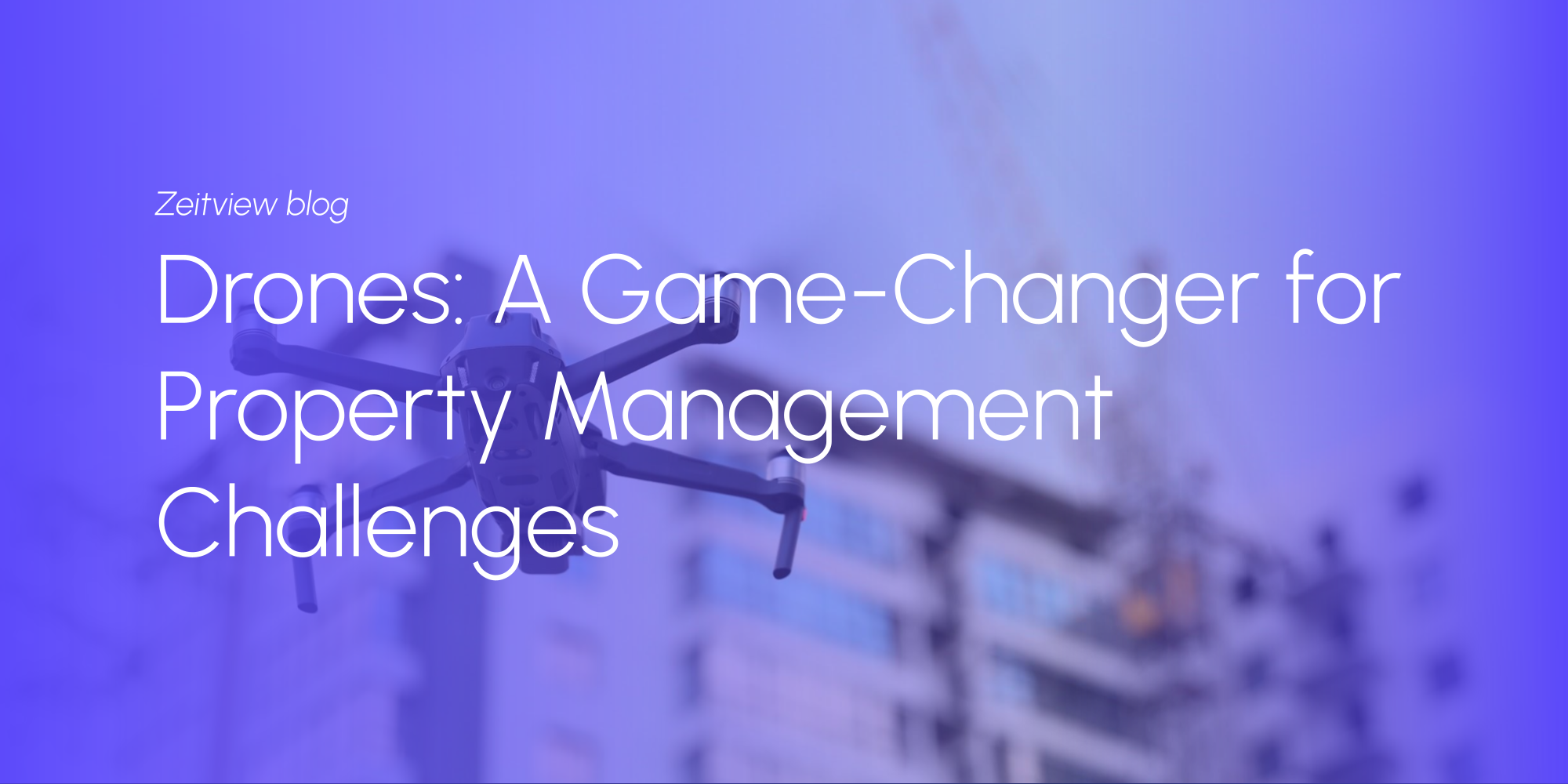Managing properties can be tough work. There are lots of things to keep track of, from fixing leaky roofs to making sure the grounds look nice. But what happens when there aren't enough people or money to do all the work? That's where drones come in. These flying robots are becoming a big help for property managers dealing with labor and budget problems.
Challenge 1: Labor Shortages in Property Maintenance
First, let's talk about labor. Every property manager I know has a mile-long to-do list and not enough hands to get everything done. Hiring more people is expensive, and that’s if you can even find them. Labor shortages persist. That's where drones can step in. These high-tech machines can fly around buildings, taking pictures and checking for problems. It's like having an extra (extremely reliable) pair of eyes in the sky, helping property managers spot issues before they become big headaches.
Challenge 2: Drones Help Property Management Firms Save Money
But drones aren't just about saving time—they're also about saving money. Property managers know that every dollar counts, and hiring workers and buying equipment can really add up. Drones offer a more affordable solution. Instead of hiring expensive contractors or investing in costly tools, property managers can use drones to do the job for less. Plus, drones can cover more ground in less time, which means fewer hours spent on inspections and more money saved in the long run.
Most Zeitview customers don’t invest in their own drones. They rely on our global network of trained drone pilots who conduct inspections using their own equipment—a further cost savings, requiring no capital expenditures.
Challenge 3: Drones Help to Keep Workers Safer
Another big benefit of drones is safety. Property maintenance tasks can be risky, especially when it comes to inspecting tall buildings or hard-to-reach areas. Sending workers up ladders or onto rooftops can be dangerous, but drones reduce that risk. These flying machines can access tight spaces and high places without putting anyone in harm's way. That means fewer accidents, fewer injuries, and greater peace of mind for property managers and their teams.
Challenge 4: Drones Are Your High-Tech Eyes in the Sky
But perhaps the best thing about drones is their ability to gather information. Drones are equipped with cameras and sensors that can capture detailed images and data about buildings and properties. This information can then be analyzed to identify potential problems or areas in need of attention. For property managers, this means better decision-making and more proactive maintenance. Instead of waiting for something to go wrong, they can use drone data to anticipate problems and address them before they become big issues.
So, how are property managers using drones? The possibilities are endless. Drones can inspect roofs for damage, check on landscaping, and even monitor security. They can also help with things like inventory management and emergency response. And because they're so versatile, drones can be used in just about any setting, from urban apartment complexes to rural estates.
Of course, drones aren't without their challenges. They require skilled operators to fly them safely, and there are regulations to follow, like where they can fly and how high they can go. But for property managers willing to embrace the technology, drones offer a promising solution to some of the biggest challenges they face.
By offering a cost-effective, efficient, and safe solution to labor and budget constraints, drones are helping property managers do their jobs better. With their ability to gather information, identify problems, and improve decision-making, drones are becoming an indispensable tool for property managers everywhere. As technology continues to advance, the possibilities for drones in property management are only going to grow, making them a smart investment for any forward-thinking property manager.


